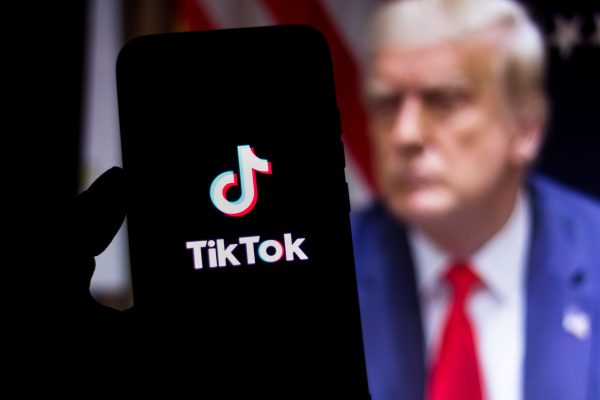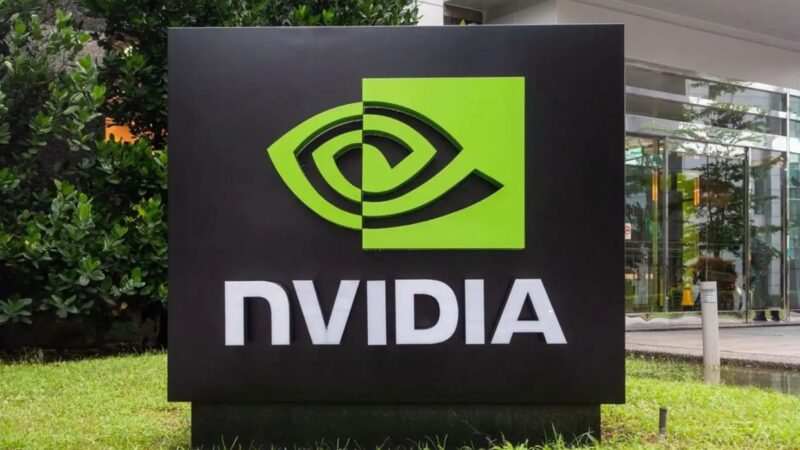Facebook and Instagram launch a crackdown on celebrity scam ads.

Meta, the owner of Facebook and Instagram, is introducing facial recognition technology to combat scammers who misuse celebrity images in advertisements.
Notable figures like Elon Musk and personal finance expert Martin Lewis have been victims of these scams, which often promote fraudulent investment schemes and cryptocurrencies. Lewis has reported receiving “countless” notifications about his name and image being used in such scams daily, expressing that it leaves him feeling “sick.”
Meta already employs an AI-driven ad review system to identify fake celebrity endorsements but aims to enhance it with facial recognition technology. This new system will compare images from flagged ads against the profile photos of celebrities on Facebook and Instagram. If a match is confirmed and the ad is identified as a scam, it will be automatically removed.
Meta indicated that “early testing” has shown “promising results” and plans to send in-app notifications to more public figures affected by these so-called “celeb-bait” scams. The issue of celebrity scams has persisted for years; in the 2010s, Lewis even took legal action against Facebook, which he later dropped after the company agreed to add a reporting button for scam ads and donate £3 million to Citizens Advice.
Despite these efforts, scams have become more sophisticated, particularly with the rise of deepfake technology, which creates realistic images and videos that can falsely portray a celebrity endorsing a product.
In light of the growing threat from these ads, Lewis recently urged the UK government to empower Ofcom to take stronger action against such scams, especially after a fake interview with Chancellor Rachel Reeves was used to deceive individuals into sharing their bank details.
Meta acknowledged the evolving tactics of scammers and expressed hope that sharing its approach could bolster the industry’s defenses against online fraud.
In addition to combating scams, Meta plans to use facial recognition to assist users who are locked out of their social media accounts. Instead of uploading official ID, users may soon be able to verify their identity through video selfies, which will be compared to their profile images.
However, the widespread use of facial recognition technology is controversial. Meta previously abandoned its use of this technology in 2021 due to privacy, accuracy, and bias concerns. The company asserts that video selfies will be encrypted, securely stored, and not publicly displayed, with facial data deleted after verification. The system will initially not be available in regions without regulatory approval, including the UK and EU.






